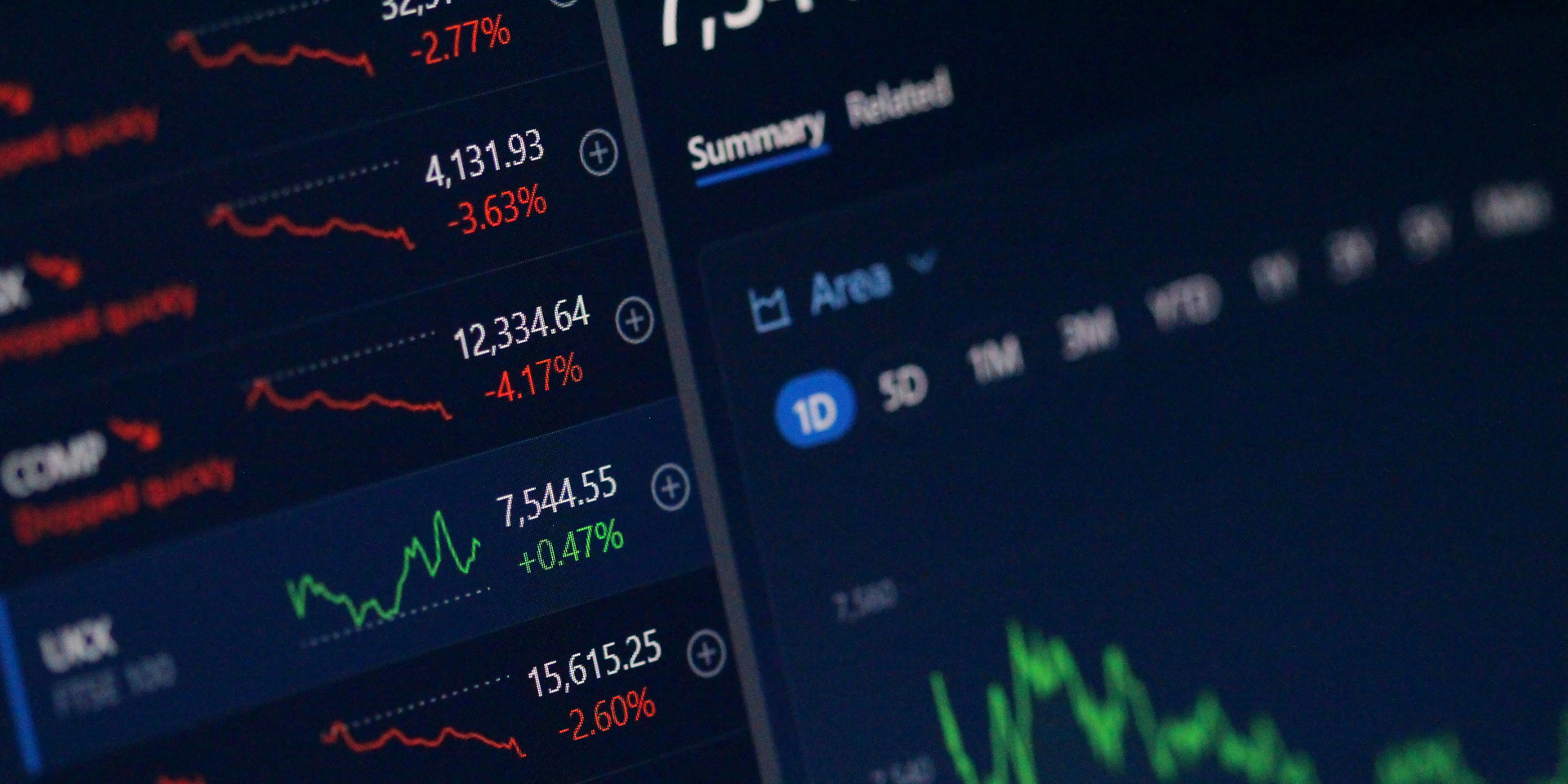Consider this definition of a transformational company:
To qualify as “transformational,” a company must both transform its own business model toward sustainability and the larger economic ecosystem in which it exists.
That’s a double whammy. But no company operates in complete isolation. So, in order to create a truly sustainable company, the economic system in which that company exists will also have to change – or be changed.
Sustainability transformation will happen at two levels: internally – the company itself – and externally – the system within which the company operates. To be successful, companies need to address both challenges especially if they want to create long-term shareholder and societal value.
Last January I profiled a new breed of “game-changing” companies that are already moving down this road. They have adopted long-term visionary goals to act beyond their own operations, and the foreseeable future, to become world-class sustainability leaders in their region and sector. They recognize they don’t have all the answers and that solutions don’t yet exist. However they are committed to doing their part to restore biodiversity, natural resources and habitats and to tackle world poverty, while decoupling growth from their impacts.
Now I’m helping Canadian Business for Social Responsibility (CBSR) with research to update their CSR Continuum to reflect the evolution of CSR over the last decade. And it has evolved as the “game-changer” examples illustrate, but so has the urgency of the social and environmental issues we face.
To begin, I did a global scan of leading-edge CSR standards and came up with 15 characteristics of a transformational company. I then sought input from some great CSR/sustainability minds. The result is a draft list of 18 “qualities of a transformational company.” These qualities will provide inspiration and a roadmap for companies who want to be part of a global solution to our mounting environmental and social challenges and ensure their long-term viability.
While developing the framework, I received feedback from a range of thought leaders, such as John Elkington and Joel Makower, and organizations like the World Business Council on Sustainable Development, UN Global Compact, BSR and Forum for the Future. The feedback raised some interesting issues including these tough questions:
What is the purpose of the company?
Is it to create profits for shareholders and demand for unnecessary products or to meet real needs and address societal issues?
To whom is the firm accountable?
Firms accountable to investors with a long-term commitment and attachment to the company will perform differently from firms accountable to day traders.
Is the economic system within which the firm operates sustainable?
A firm cannot be sustainable if its external conditions are unsustainable.
The list of qualities we identified will challenge today’s business model – but they are designed for that purpose.
Today’s business model is inadequate to deal with declining eco-systems, climate change, natural resource scarcity, population pressures, growing economic disparities and changing customer demands.
We need a rethink and I hope these qualities will create a framework for companies to re-envision their futures and their roles in society.


